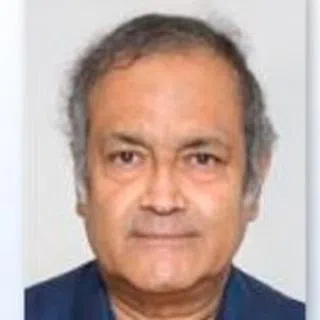G20 summit 2023: India-China win-win moment?
China and India have surprisingly cooperated in facing a polarised geopolitical ambience during the G20 summit in Delhi on 9-10 September 2023, says Indian academic P. S. Suryanarayana. China supported India's leadership in reaching a G20 consensus on the Ukraine crisis and the development priorities of the global south. The nuances of acquiescence by the US-led West may be key to the future of world affairs, because the G20 reflects today's realities.
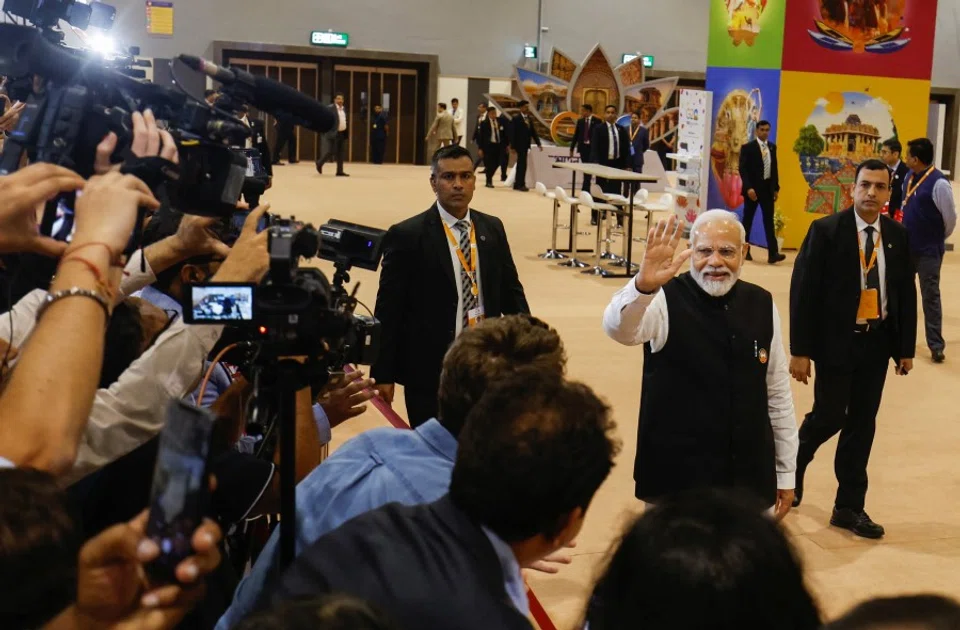
The absence of Chinese President Xi Jinping and Russian leader Vladimir Putin was expected to cast a shadow over the Indian presidency of the Group of Twenty (G20) summit. Chinese Premier Li Qiang represented China at the summit while Russian Foreign Minister Sergey Lavrov stood in for Putin.
Geopolitics of a geoeconomic forum
Although the G20 - which has now admitted a new member, the African Union (AU) - is a geoeconomic forum, it is not immune to the economic consequences of global geopolitics. To India, China is a geopolitical rival, and Russia has been a long-standing geostrategic partner but is now of reduced relevance.
Xi's absence was noticed in the G20 circles as a reflection of the ongoing economic and military rivalry between China and India. A veteran Indian diplomat Prabhat Shukla draws attention to the perceived hawkishness of the Chinese People's Liberation Army which "has resorted to extreme measures to prevent a [border] settlement" with India.
China did not say why Xi chose to skip the Delhi summit - the first time he stayed away from the G20's premier event. However, speculation was that Xi might have been concerned about appearing to have endorsed India's hosting of a summit-related preparatory event in Arunachal Pradesh in March 2023. China continues to claim sovereignty over this area. However, such speculation should have applied to Li Qiang too.
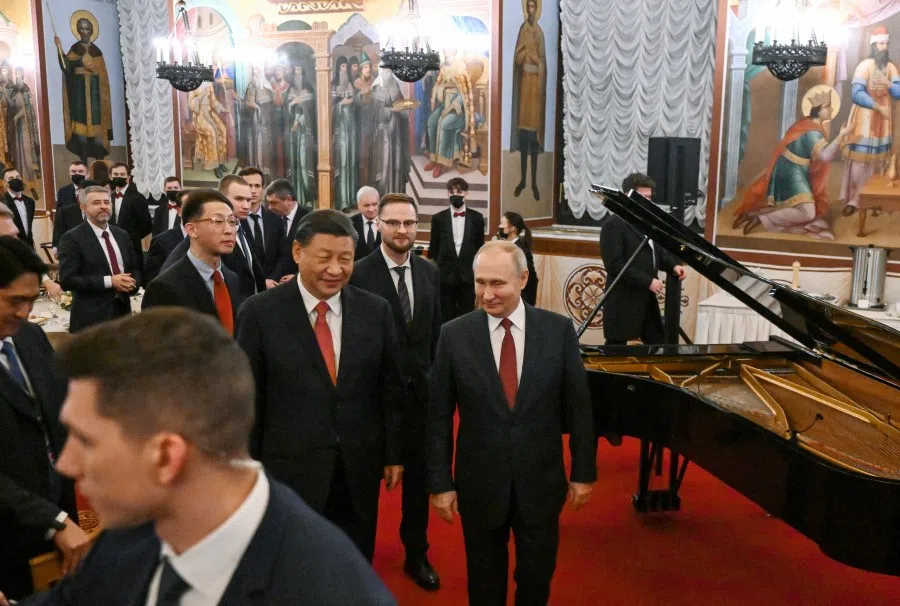
According to Delhi, Indian Prime Minister Narendra Modi had, long before that G20-related event, informed Xi that Arunachal's status as India's border state was not negotiable with China. However, at the G20 summit in 2023, the area in geopolitical focus, albeit from a geoeconomic perspective, was Ukraine.
Universalist consensus over war in Ukraine
Putin's absence at this summit was the result of his continuing invasion of Ukraine and the ongoing strategic contest between Russia and the US-led industrialised Group of Seven (G7). In this context, the latest G20 consultations to address Russia's actions were conditioned by India's obligations to meet the expectations of Moscow, Beijing and Washington.
A complicating fact could not be ignored. Both China, Russia's key strategic supporter, and India, Russia's partner for long, had abstained from voting on the US-sponsored resolution against Moscow in the United Nations Security Council (UNSC).
Furthermore, India was keen on seeking to protect Ukraine's sovereignty and territorial integrity while also ensuring Russia's accountability for the worldwide economic consequences of this war. In the end, all the G20 members accepted the Indian presidency's consultative consensus with varying degrees of enthusiasm or disenchantment.
How, given the G20's well-known divisions, was such a universalist concept representing global good achieved?
A sub-title - "For the Planet, People, Peace and Prosperity"- was accorded the pride of place under the relevant New Delhi Leaders' Declaration. Without condemning Russia or offering to support Ukraine, the leaders urged "all states" to "refrain" from "territorial acquisition" by any means. It was further declared in an oblique reference to Russia that the "threat of use of nuclear weapons is inadmissible".
The leaders also pledged to "unite" in their "endeavour to address the adverse impact of the war [in Ukraine] on the global economy". This diplomatic language was designed to please the already economically impacted developing countries. How, given the G20's well-known divisions, was such a universalist concept representing global good achieved?
Reflection of multipolarity
Two factors ensured consensus between the G7 on one side, and India, as well as China, on the other.
Delhi and Beijing champion the interests of the global south, an amorphous group of developing and emerging economies. Explaining the two factors during the summit, Indian External Affairs Minister Subrahmanyam Jaishankar told reporters: "[The] geopolitical issues ... really centred around the war in Ukraine ... the emerging markets took a particular lead [for consensus]. ... the G20 itself is a reflection of multipolarity ... the salience of G7 was, a decade ago, replaced by the salience of the G20."
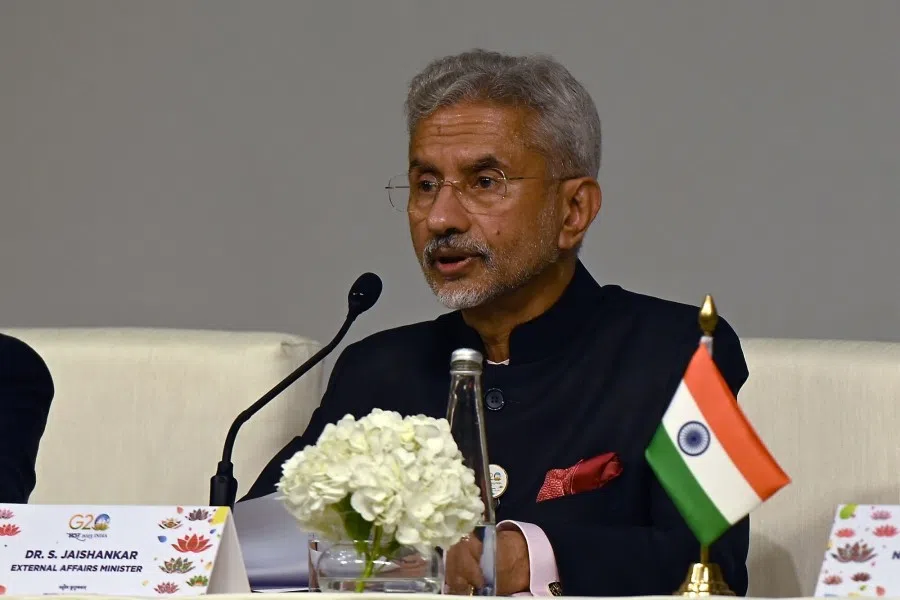
The first positive factor, as evident from these remarks, is the increasing operational role of emerging markets within the G20. He noted that India succeeded Indonesia in helming the G20 while Brazil and South Africa would take over from India for the next two years.
The second factor, a key structural reality, is the new strategic salience of G20, which subsumes the G7, in today's global affairs.
Pledging China's active support for the AU's full G20 membership, he [Xi] also backed Africa's credentials for a role in a reformed UNSC.
India's and China's internationalism
The admission of the AU as a new "permanent member" of the G20 was accomplished with immediate effect on 9 September 2023. The AU chairperson Azali Assoumani thanked Modi for "his initiative" in this regard. Until now, the European Union was the only institutional member of the G20, all others being sovereign states. At the G20, the AU had so far held the status of "invited international organisation".
While India takes credit for this initiative, Xi had co-chaired the China-Africa Leaders' Dialogue, alongside South African President Cyril Ramaphosa, in Johannesburg on 24 August 2023. That was during Xi's tenth visit to Africa as the leader of his country. Pledging China's active support for the AU's full G20 membership, he also backed Africa's credentials for a role in a reformed UNSC.
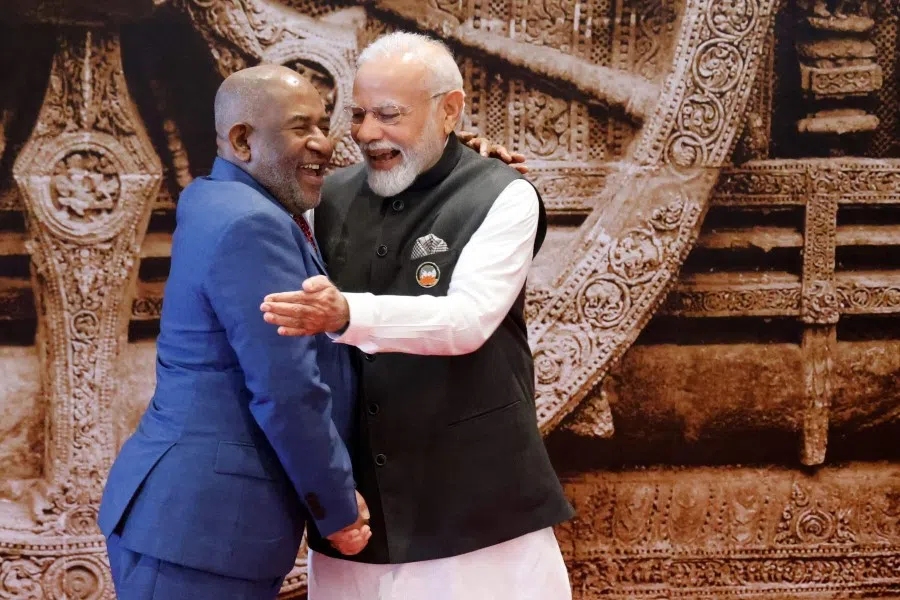
China has assiduously enhanced its links with the 55 African countries through its Belt and Road Initiative. Yet, Beijing had focused more on its own regional economic influence rather than mainstreaming the AU into the global arena through the G20. This gave India the chance to mainstream the AU at the G20 Summit 2023, relegating China to playing second fiddle.
India's other major initiative was to position the global south as a G20 constituency. Modi sought to achieve this at the latest summit by ensuring that the global south's voice of concerns was articulated by the host. This raises the question of whether and how this amorphous group might be given a place in the G20, as opposed to just a voice.
The future outlook
The future of G20 would depend on why the major protagonists accepted the Delhi consensus. Planetary climate as an existential issue, the reform of international financial institutions, global debt etc., are dealt with through dedicated meetings and channels.
On the Ukraine issue, US national security adviser Jake Sullivan hailed the Declaration for "standing up for the principle" of opposing territorial acquisition through force. But Lavrov saw the summit as an "unqualified success" on the Ukraine issue, although he lauded "India [for] leading the way" in G20's internal reform on behalf of the global south.
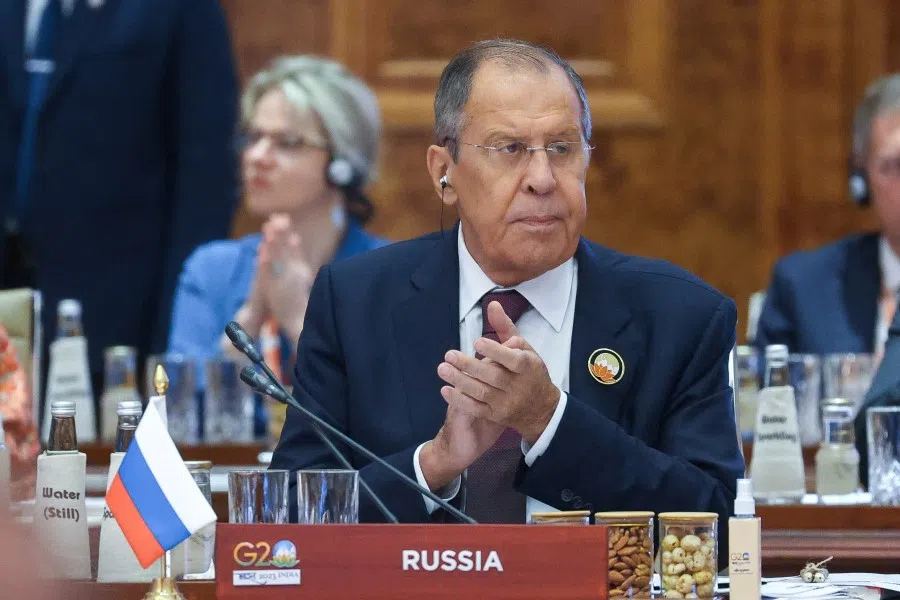
China maintained that it "played a constructive role" in the run-up to the Delhi summit, especially in mainstreaming "the concerns of developing countries". Chinese opinion maker Wang Huiyao has written that "China must work to improve relations with India" while promoting "a new world order aligned with the demands of the global south".
Sino-Indian competitive internationalism could ultimately moderate the influence of developing countries in the G20, making it less effective.
Today's reality is the emergence of the previously powerless global south as a pivotal stakeholder for any future world order. The Ukraine crisis remains a matter of power play between the US-led West and Russia (with or without help from China in the UN and outside it). But the G7 seems to have agreed with the other G20 members that the powerless too may want a part in shaping the world. This is evident from the latest G20 summit declaration.
Significantly, Beijing plays a leadership role in the G77+China forum, which held a summit in Havana on 15-16 September 2023, soon after the Delhi G20 summit. UN secretary-general Antonio Guterres urged China and the Group of 77 developing countries to champion multilateralism rooted in the equality of all states.
At the same time, Delhi, too, is exploring a potential global south+India forum platform. Although Jaishankar highlighted China's cooperation with India at the Delhi G20 summit, Sino-Indian competitive internationalism could ultimately moderate the influence of developing countries in the G20, making it less effective.
